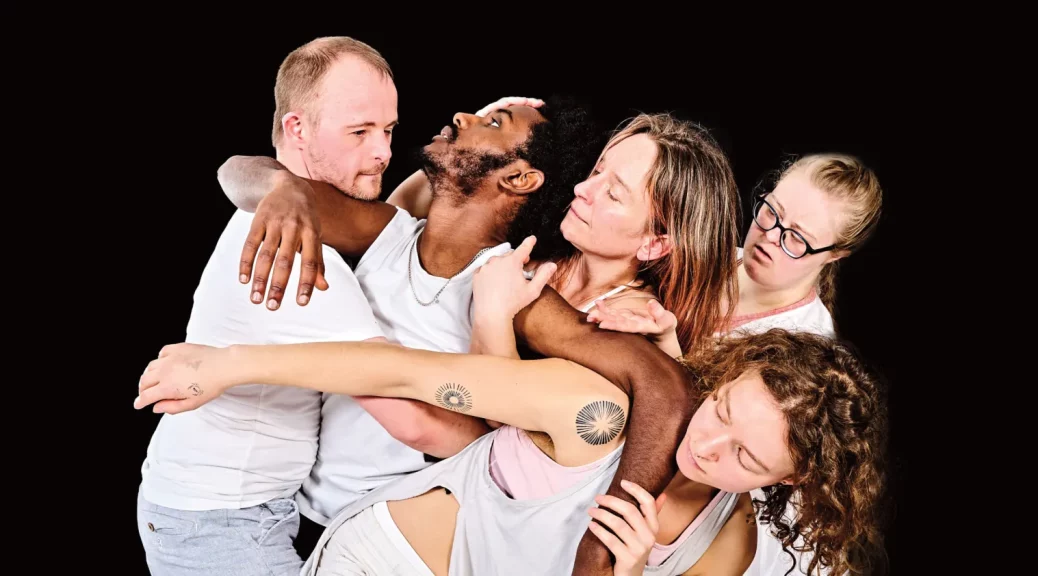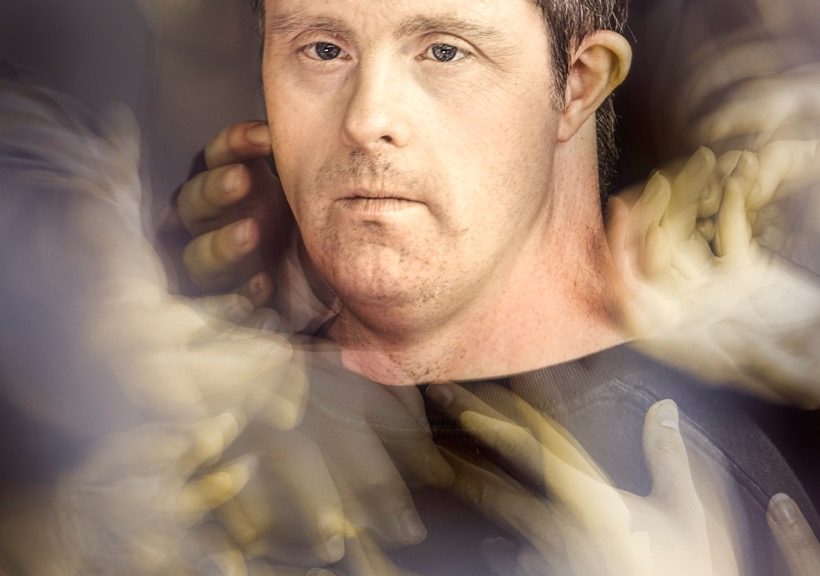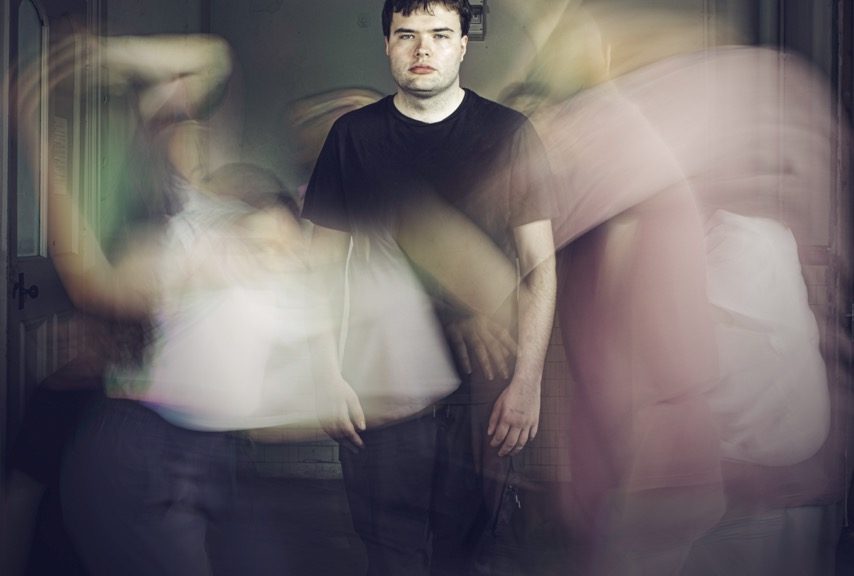Ineluctable part of life, death comes to us all. Yet, many deaths are premature and avoidable. People with learning disability are much more likely to die from an avoidable cause. The signs are missed, people are ignored, neglected, because they cannot speak, they cannot communicate their discomfort, pain, or even just hunger and thirst. They die not because of their disability, but because our healthcare system is not inclusive.
According to the 2022 Learning Disabilities Mortality Review (LeDeR), 42% of deaths of people with a learning disability were avoidable. Dance choreographer Karol Cysewski tells their story in Requiem, an immersive dance-theatre performance in collaboration with Hijinx Theatre.
I talk to Cysewski in the Seligman Studio at Chapter, set up with hospital beds and curtains. He tells me he wants to engage the audience and make them think about the unequal treatment people with learning disabilities receive. It is often, says Cysewski, the result of “somebody just didn’t think about somebody else. They were too busy and had no imagination.”
A nurse finishing their shift not thinking that the nurse coming in the next shift doesn’t know the specific needs of the patient. “They don’t know how to say ‘I’m thirsty,’ she’s busy and she’s not imaginative enough to imagine that that might happen.” That’s all it takes. Being attentive.
Being attentive is what Cysewski has been doing while teaching at Hijinx Theatre. In his work with people with learning disabilities, he has learned to treat them as people first.
“Slow down, if you need,” says Cysewski, “and give them achievable tasks. That applies to anyone. Treating people as people first not worrying about their disability. That would apply to anyone.”
In doing the show, Cysewski has learned about the skills and strengths of each individual actor and what they find more challenging. That might include going to lie on the bed.
Talking about one particular actor, Cysewski says, “I’m learning how to give time, how to take time and space for him to learn, because eventually he learns, but he needs more repetition and continuity. I’m learning not to change (what to do), give them different ideas during rehearsals.”
I ask Cysewski what is like for the Hijinx actors to work with professional dancers. he tells me that “working with professional dancers challenges the actors more and it has a better effect.” For instance, they are more comfortable leaning against a professional dancer than another actor. “It makes them look like they’re trained dancers.”
There’s still a long way to go for disabled people to be fully included. Much of the work lies in training healthcare and social care staff in how to communicate effectively with people with learning disabilities.
Requiem uses light, sound, movement, but also smell to stimulate the senses of the audience and invite them to think about how lack of inclusivity leads to avoidable deaths. The message of Requiem is one of compassion. Not in the sense of feeling for sorry for the person, but to acknowledge the dignity of the human being in front of us.
Requiem opens on the 4th of July at Chapter Arts Centre. For tickets, see Chapter.
 (4 / 5)
(4 / 5)



 (4.5 / 5)
(4.5 / 5)